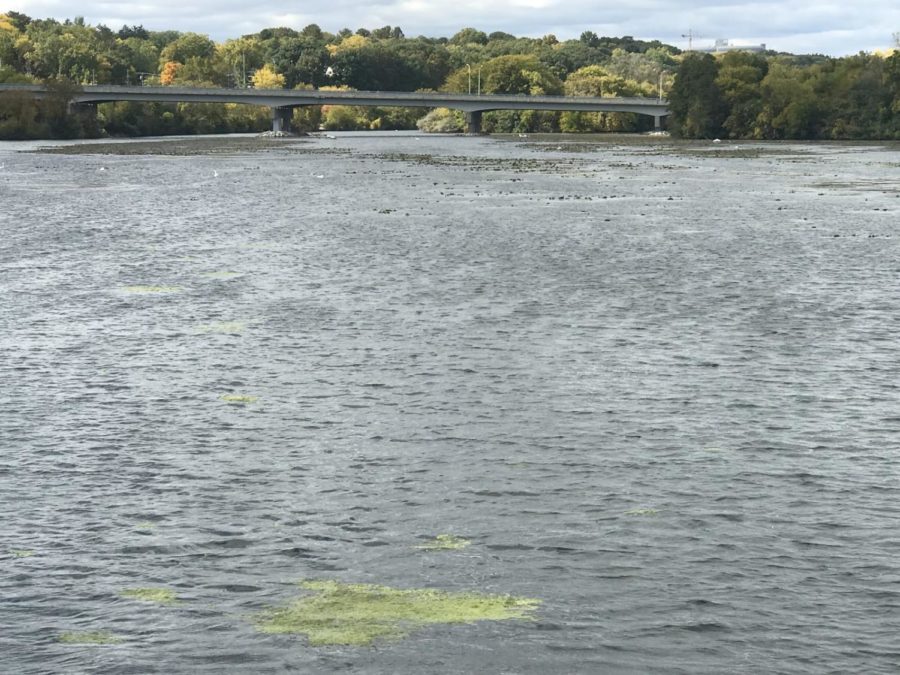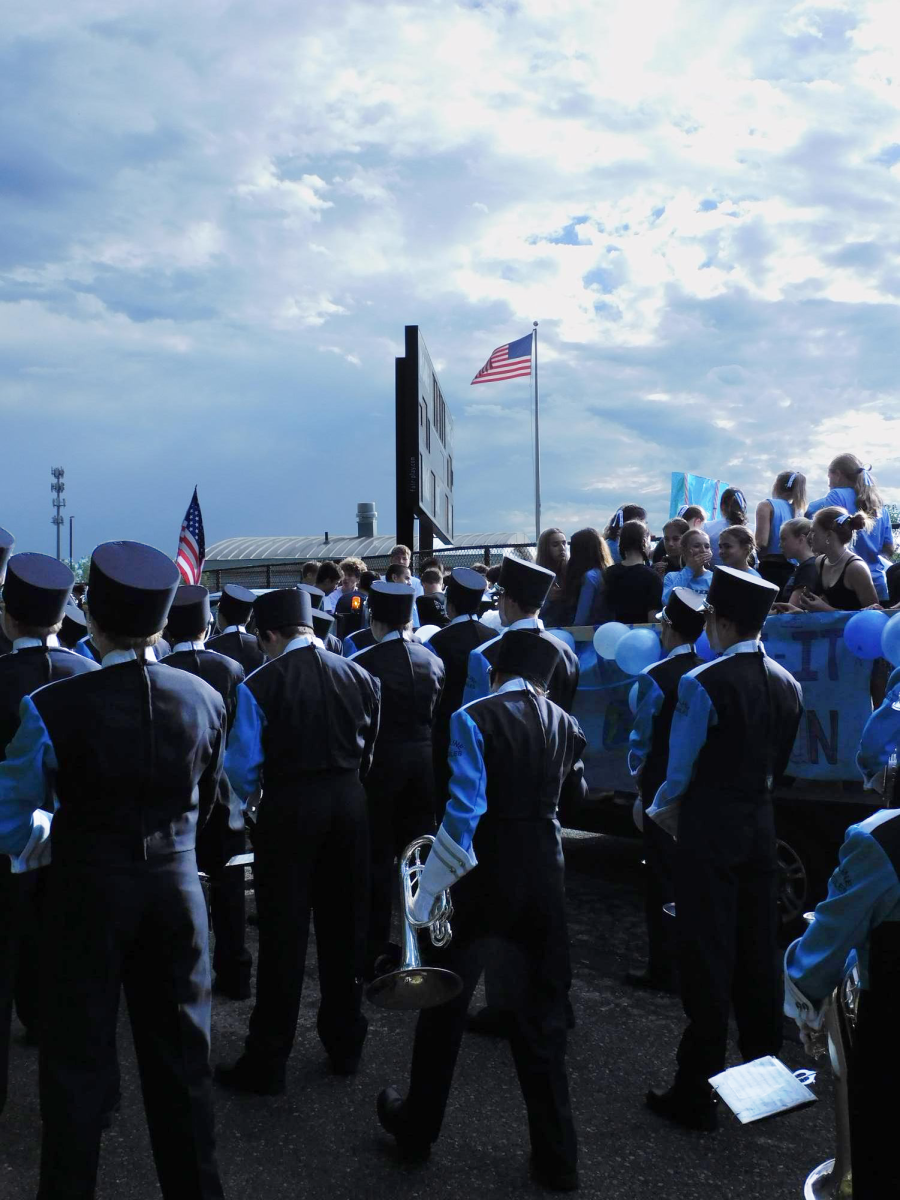On Friday, July 29th, 2022 Daniel Brown, Huron River Watershed Council (HRWC) watershed planner detailed how he “understood that 10,000 gallons of wastewater containing hexavalent chromium had been released into Wixom’s water treatment system from the Tribar Technologies,” and “less than 20 pounds of total chromium actually made it to the river.”
According to Brian Steglitz, Ann Arbor Water Treatment Services Unit Manager “I’m not sure that we were notified as soon as we could have been notified when this event happened. So we could have had another day or two notice potentially,” Steglitz continues “I don’t think that the state was notified, so that’s really Tri Bar’s responsibility. When they have a release, they need to notify and they did not.” On the first of August when the spill was announced, Steglitz was alerted. This was almost two days after the initial spill occurred. He says the city was first asking themselves “[w]hen are we going to potentially see this plume potentially reach us?” Steglitz detailed how the Water Treatment Facility had “specifically tested for (chromium)” almost immediately after the spill. “We test for it, but not regularly. So we increased our testing frequency.” Steglitz noted.
Tribar’s actions sparked major controversy because although only 20 gallons were released, according to Brown, there were many obvious environmental violations that Tribar made and they are not being held accountable. “There was one employee at TriBar that reportedly overrode the alarm, I think it was 460 times in about a three-hour period,” says Brown.
“Someone blatantly chose to disregard the safety systems in place,” says Megan Tinsley, Water policy director for Michigan Environmental Council (MEC). “The actual spill to the river turned out to be quite small, so it was in the most direct, practical way, a bullet dodged,” says Brown.
Tribar, a manufacturing plant that produces modeled parts primarily for the automotive industry, has violated air and water regulations many times in the past. They leaked polyfluoroalkyl substances ( PFAS), another toxic chemical, into the Huron River in 2018. “The state’s probe led to the discovery of high levels of PFAS in industrial wastewater from Tribar’s facilities,” reported E and E news, a national environmental news company. According to the Michigan government’s environmental offices, “EGLE’s Air Quality Division issued separate notices related to a July 21 inspection – prior to and not directly related to the release.”
Toxic spills into Michigan’s freshwater sources are a recurrent issue and Michigan environmental activists are demanding for corporate accountability. “Companies need to know we can’t just do this,” says MEC ‘s Tinsley. One thing the MEC suggests is “prohibiting permits to companies that have repeatedly violated environmental laws.” This will allow for companies who have repeatedly prohibited environmental laws to no longer have legal paperwork to operate. This is just one step environmental activists are calling for to hold companies like Tribar Technologies accountable.
It is not just state activists calling for change. The local Ann Arbor community is also impacted by these devastating water quality issues.
The Skyline crew coach Kit Bennet is “frustrated because it seems like these companies get away with it.” This spill has not affected practice schedules because immediately after the spill “we reached out to the city of Ann Arbor to work out our next steps and what we could do safely with their guidance.” He also noted that “their (the city of Ann Arbor) experts thought it was safe” so ultimately they resumed practice shortly after the spill. Although there were no long-term impacts for the crew team, Bennett emphasizes that the “big thing here is holding these companies accountable.”
The City of Ann Arbor Canoe Liveries has also been impacted by the spill. “The first thing was to make sure the public knew,” says Cheryl Saam, recreation manager of Gallup and Canoe Liveries.“We run River Day camps, so the children are here Monday through Friday.” Saam detailed the intense financial impacts the spill has brought. “It definitely affected us financially for those first couple of weeks. I would say 25% of the groups canceled.” she continues “a lot of people chose not to paddle, and they withdrew from camp. So it definitely affected our business.”
The spill has caused tremendous financial impacts to local groups and has spiked fear and rage from locals. “ I saw more community anger and calls for change than I have in any of the other things that have happened in our watershed,” says Brown.
A local Ann Arbor group, the Ecology Center, is doing work to prohibit the use of Hexavalent Chromium entirely throughout Michigan. According to ecocenter.org, an avocational website, the Ecology Center is petitioning for “major automakers to phase out the use of hexavalent chromium in their vehicles.” This would keep this toxic chemical out of Michigan waters and keep companies like Tribar Technologies from releasing dangerous chemicals like Chromium into Michigan’s freshwater sources.
Local activism has turned to statewide advocacy for stricter laws and corporate accountability. The MEC is calling for “Changes to how we issue permits, increasing fines for environmental violations, increasing penalties for improper chemical storage, requiring companies to annually test their water and soil around their facilities if they use certain chemicals,” says Tinsley. These ideas could potentially impact environmental laws around the state.








